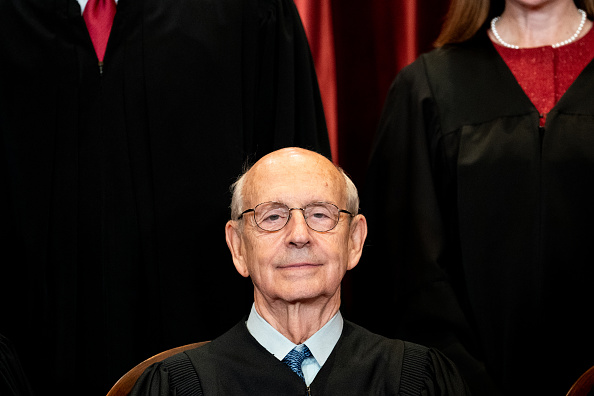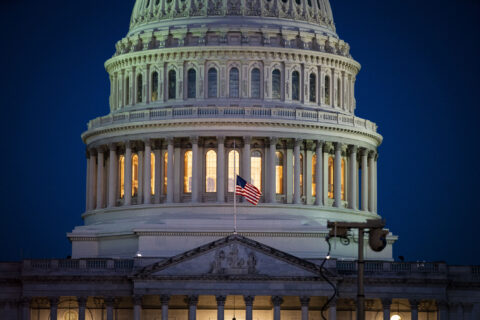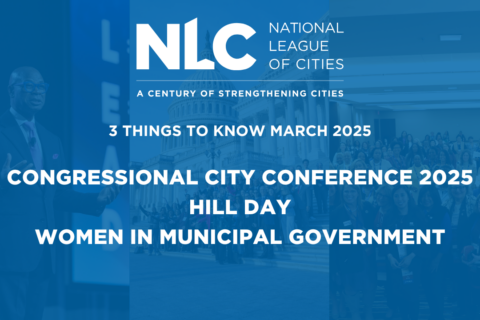Aside from his delicious pot roast recipe and not retiring immediately after President Biden’s election despite unrelenting pressure, Justice Breyer will be remembered as a reliable liberal in the Court’s big, controversial cases, for his pragmatic worldview, and for his inquisitive, tireless, and at times dramatic persona at oral argument.

Justice Breyer has seemingly timed his retirement so that President Biden and the Senate should be able to replace him with a reliable liberal before the Court starts a new term next October. So, our 6-3 conservative Supreme Court won’t experience an ideological shift. (Even if Justice Breyer’s retirement meant an ideological shift, conservative or liberal Justices aren’t consistently better or worse for states and local governments particularly in light of the varying ideological viewpoints of states and local government officials.)
But the Court will be different nonetheless.
In announcing Justice Breyer’s retirement SCOTUS blog aptly described him as a “pragmatic liberal.”
Beyond the Court’s big, controversial cases states and local governments were beneficiaries of Justice Breyer’s pragmatism and independent thinking contained in his often free-wheeling opinions which eschewed bright-line rules in favor of multi-factor balancing tests.
The saga of applying “strict scrutiny” to all “content-based” restrictions on speech might not make it into most law school case books but is a perfect illustration of Justice Breyer’s pragmatism.
In Reed v. Town of Gilbert (2015), the Supreme Court was tasked with deciding whether the Town of Gilbert, Arizona, could treat “temporary directional signs” less favorably than ideological signs or political signs. The Court held no, unanimously. But the Court’s reasoning—that strict (usually fatal)-scrutiny applies to content-based restrictions on speech—couldn’t have been broader.
Reed is probably the worst case for local governments decided in the last decade. It has resulted in numerous laws and ordinances being struck down as unconstitutional.
Justice Breyer concurred in Reed opening “[t]he First Amendment requires greater judicial sensitivity both to the Amendment’s expressive objectives and to the public’s legitimate need for regulation than a simple recitation of categories, such as ‘content discrimination’ and ‘strict scrutiny,’ would permit.” Justice Breyer suggested “content discrimination” should be considered a “rule of thumb” rather than an “automatic ‘strict scrutiny’ trigger, leading to almost certain legal condemnation.”
In Barr v. American Association of Political Consultants (2020), the Supreme Court got its first chance to apply Reed in another case. The State and Local Legal Center (SLLC) filed an amicus brief asking the Supreme Court to “narrow” Reed. While a majority of the Court voted to keep Reed the law of the land, Justice Kavanaugh—fairly—accused Justice Breyer of trying to overrule Reed in his dissenting opinion.
The good news is before Justice Breyer leaves the bench, he will have one more chance to try and unravel Reed. Earlier this term the Court heard the argument in City of Austin, Texas v. Reagan National Advertising of Texas Inc. The question, in this case, is whether allowing on-premises signs to be digitized but not off-premises signs is a “content-based” regulation subject to strict scrutiny and therefore almost certainly unconstitutional.
In his final hours, Justice Breyer isn’t likely to back down. At argument when the sign company’s attorney faced dogged questioning from Justice Breyer, he admitted Justice Breyer has “been nothing if not consistent in [his] view that the Court should not treat” all content-based regulations the same.
As Americans watch what Justice Breyer and all the Justices do in the big cases of this term involving abortion and guns, states and local governments will look to Justice Breyer for what they have always relied on him for—pragmatic solutions to everyday problems.










